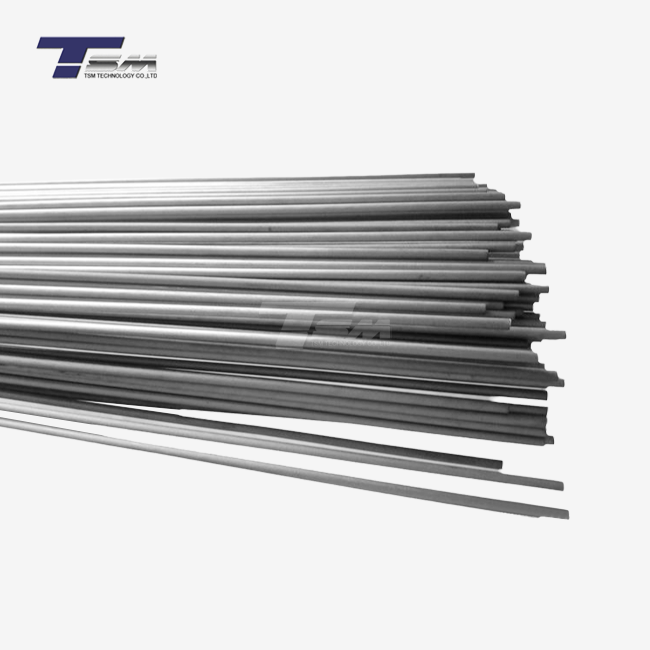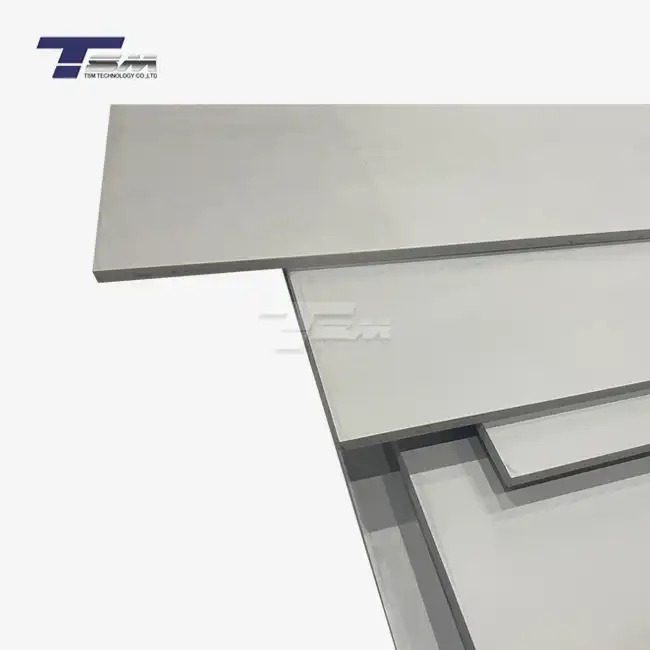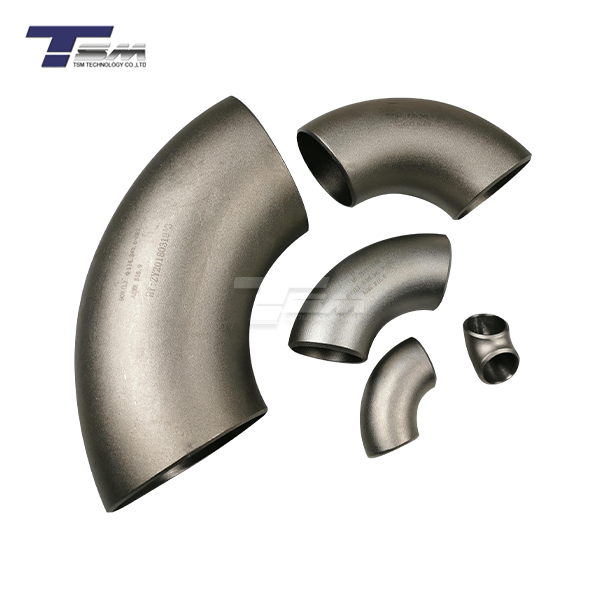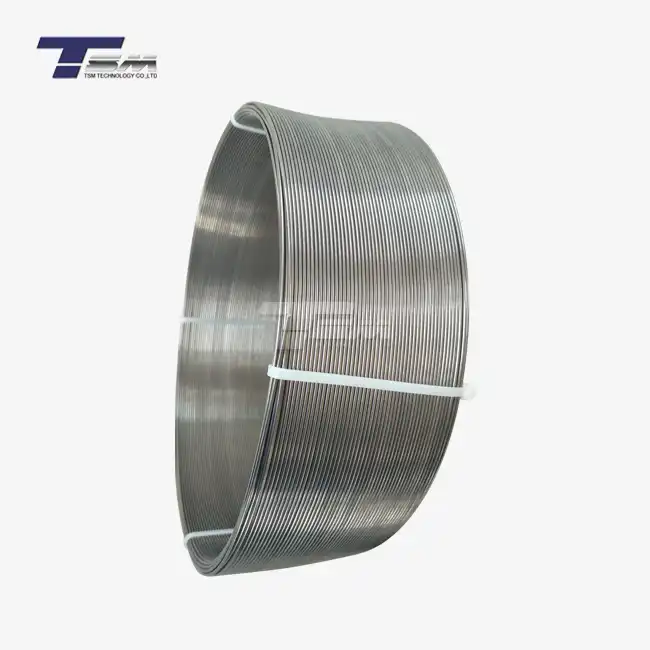- English
- French
- German
- Portuguese
- Spanish
- Russian
- Japanese
- Korean
- Arabic
- Greek
- German
- Turkish
- Italian
- Danish
- Romanian
- Indonesian
- Czech
- Afrikaans
- Swedish
- Polish
- Basque
- Catalan
- Esperanto
- Hindi
- Lao
- Albanian
- Amharic
- Armenian
- Azerbaijani
- Belarusian
- Bengali
- Bosnian
- Bulgarian
- Cebuano
- Chichewa
- Corsican
- Croatian
- Dutch
- Estonian
- Filipino
- Finnish
- Frisian
- Galician
- Georgian
- Gujarati
- Haitian
- Hausa
- Hawaiian
- Hebrew
- Hmong
- Hungarian
- Icelandic
- Igbo
- Javanese
- Kannada
- Kazakh
- Khmer
- Kurdish
- Kyrgyz
- Latin
- Latvian
- Lithuanian
- Luxembou..
- Macedonian
- Malagasy
- Malay
- Malayalam
- Maltese
- Maori
- Marathi
- Mongolian
- Burmese
- Nepali
- Norwegian
- Pashto
- Persian
- Punjabi
- Serbian
- Sesotho
- Sinhala
- Slovak
- Slovenian
- Somali
- Samoan
- Scots Gaelic
- Shona
- Sindhi
- Sundanese
- Swahili
- Tajik
- Tamil
- Telugu
- Thai
- Ukrainian
- Urdu
- Uzbek
- Vietnamese
- Welsh
- Xhosa
- Yiddish
- Yoruba
- Zulu
Functions and Uses of Inconel 718 Tubes
Inconel 718 tubes are versatile components widely utilized in various industries due to their exceptional properties. These nickel-chromium-based superalloy tubes offer outstanding strength, corrosion resistance, and heat tolerance, making them indispensable in demanding applications. From aerospace and automotive to chemical processing and energy production, Inconel 718 pipes play a crucial role in enhancing performance and reliability. Their ability to maintain structural integrity under extreme conditions, coupled with excellent fatigue resistance and weldability, makes them a preferred choice for engineers and manufacturers seeking high-performance materials. As we delve deeper into the functions and uses of Inconel 718 tubes, we'll explore their unique characteristics and the diverse range of applications that benefit from their remarkable properties.
Unique Properties of Inconel 718 Tubes
Exceptional Strength and Durability
Inconel 718 tubes exhibit remarkable strength-to-weight ratios, making them ideal for applications where lightweight yet robust materials are essential. The alloy's high tensile strength, typically ranging from 180 to 220 ksi (1240 to 1520 MPa), allows it to withstand substantial mechanical stresses without failing. This exceptional strength is maintained even at elevated temperatures, a characteristic that sets Inconel 718 apart from many other materials.

The durability of Inconel 718 pipes is further enhanced by their excellent fatigue resistance. This property is crucial in applications involving cyclic loading, such as in aircraft engines or industrial turbines. The alloy's ability to resist crack initiation and propagation under repeated stress contributes significantly to the longevity and reliability of components made from these tubes.
Superior Corrosion Resistance
One of the standout features of Inconel 718 tubing is its remarkable resistance to corrosion in diverse environments. The alloy's high nickel and chromium content forms a protective oxide layer on the surface, shielding it from chemical attack. This passive film provides exceptional resistance to pitting, crevice corrosion, and stress corrosion cracking, even in highly aggressive media.
The corrosion resistance of Inconel 718 tube extends to both aqueous and high-temperature environments. It performs admirably in seawater, acids, and alkaline solutions, making it a preferred material for chemical processing equipment, offshore oil and gas platforms, and marine applications. In high-temperature settings, Inconel 718 resists oxidation and maintains its protective properties, ensuring long-term reliability in harsh operating conditions.
High-Temperature Performance
Inconel 718 tubes truly shine in high-temperature applications, retaining their mechanical properties at temperatures up to 1300°F (704°C). This exceptional heat resistance is attributed to the alloy's unique microstructure, which includes strengthening precipitates that remain stable at elevated temperatures. The ability to maintain strength, creep resistance, and dimensional stability under extreme thermal conditions makes Inconel 718 indispensable in aerospace, power generation, and industrial heating applications.
Moreover, the thermal expansion coefficient of Inconel 718 is relatively low, which minimizes thermal stresses and distortion in components subjected to temperature fluctuations. This property is particularly valuable in applications where precise dimensional control is critical, such as in gas turbine engines or heat exchangers operating in cyclic temperature environments.
Applications of Inconel 718 Tubes Across Industries
Aerospace and Aviation
In the aerospace industry, Inconel 718 tubing plays a pivotal role in enhancing aircraft performance and safety. These high-performance pipes are extensively used in jet engine components, including exhaust systems, combustion chambers, and turbine parts. The alloy's ability to withstand high temperatures, resist corrosion from combustion gases, and maintain structural integrity under extreme conditions makes it an ideal material for these critical applications.
Inconel 718 tubes are also utilized in airframe structures, particularly in areas exposed to high stress and elevated temperatures. Landing gear components, hydraulic systems, and fasteners benefit from the alloy's superior strength and corrosion resistance. In space applications, Inconel 718 pipes find use in rocket propulsion systems, where their resistance to high-temperature oxidation and excellent strength-to-weight ratio are invaluable.
Oil and Gas Industry
The oil and gas sector relies heavily on Inconel 718 tubing for its exceptional performance in harsh environments. These pipes are used in downhole tools, wellhead components, and subsea equipment, where they must withstand corrosive fluids, high pressures, and elevated temperatures. The alloy's resistance to sulfide stress cracking and chloride-induced stress corrosion cracking makes it particularly suitable for sour gas and offshore applications.
In refineries and petrochemical plants, Inconel 718 tubes are employed in heat exchangers, reactors, and process piping systems. Their ability to resist corrosion from aggressive chemicals and maintain strength at high temperatures ensures long-term reliability and reduced maintenance costs. The use of Inconel 718 pipes in these applications contributes significantly to the safety and efficiency of oil and gas operations.
Power Generation
The power generation industry benefits greatly from the unique properties of Inconel 718 tubing. In gas turbines, these pipes are used in combustion liners, transition ducts, and exhaust systems, where they must withstand extreme temperatures and corrosive combustion gases. The alloy's excellent creep resistance and thermal stability ensure consistent performance and extended service life of these critical components.
Nuclear power plants also utilize Inconel 718 tubes in various applications, including steam generators, heat exchangers, and reactor internals. The material's resistance to radiation-induced embrittlement and its ability to maintain mechanical properties in high-temperature water environments make it an excellent choice for these demanding applications. Additionally, Inconel 718 pipes find use in concentrated solar power systems, where their high-temperature capabilities contribute to improved energy conversion efficiency.
Manufacturing and Fabrication Considerations for Inconel 718 Tubes
Precision Machining Techniques
Manufacturing Inconel 718 tubes requires specialized techniques due to the alloy's high strength and work-hardening characteristics. Precision machining of these pipes often involves computer numerical control (CNC) equipment to achieve tight tolerances and complex geometries. Cutting tools made from carbide or ceramic materials are typically employed to overcome the material's toughness and ensure clean, accurate cuts.
When machining Inconel 718 tubing, maintaining proper cutting speeds and feeds is crucial to prevent work hardening and tool wear. Advanced techniques such as high-pressure coolant systems and vibration-damping toolholders are often utilized to improve surface finish and extend tool life. For internal machining of tubes, specialized boring tools and gun-drilling techniques may be employed to achieve the required dimensions and surface quality.
Welding and Joining Methods
Welding Inconel 718 tubes requires careful consideration of the alloy's properties to ensure strong, defect-free joints. Gas Tungsten Arc Welding (GTAW) and Electron Beam Welding (EBW) are commonly used methods due to their ability to produce high-quality welds with minimal heat input. Proper selection of filler materials, typically matching the composition of Inconel 718, is essential to maintain the alloy's properties in the welded region.
Post-weld heat treatment is often necessary to restore the mechanical properties of Inconel 718 tubes after welding. This process typically involves solution annealing followed by age hardening to develop the desired microstructure and strength. Non-destructive testing techniques such as radiography and ultrasonic inspection are employed to ensure the integrity of welded joints in critical applications.
Surface Treatment and Finishing
Surface treatment of Inconel 718 tubes plays a crucial role in enhancing their performance and longevity. Passivation treatments, often involving nitric acid solutions, are commonly applied to improve corrosion resistance by strengthening the protective oxide layer. For applications requiring enhanced wear resistance or reduced friction, surface hardening techniques such as nitriding or boronizing may be employed.
Finishing processes for Inconel 718 pipes include electropolishing, which can improve surface smoothness and corrosion resistance by removing microscopic surface irregularities. In some cases, specialized coatings may be applied to impart additional properties such as thermal insulation or erosion resistance. These surface treatments and finishing processes are carefully selected based on the specific requirements of the intended application, ensuring optimal performance of Inconel 718 tubes in service.
Conclusion
Inconel 718 tubes have firmly established themselves as indispensable components across a wide spectrum of industries, owing to their exceptional combination of strength, corrosion resistance, and high-temperature performance. From the extreme conditions of aerospace applications to the corrosive environments in chemical processing, these versatile pipes continue to push the boundaries of material capabilities. As engineering demands grow more complex and operating conditions become increasingly severe, the role of Inconel 718 tubing in driving technological advancements and ensuring operational reliability cannot be overstated. By understanding the unique properties, diverse applications, and manufacturing considerations of Inconel 718 tubes, industries can harness their full potential to overcome challenges and achieve new levels of performance and efficiency.
Contact Us
For more information about our high-quality Inconel 718 tubes and how they can benefit your specific application, please don't hesitate to contact our team of experts at info@tsm-technology.com. Our dedicated professionals are ready to assist you in finding the perfect solution for your engineering needs.
References
Smith, J.R. and Brown, A.L. (2019). "Inconel 718: Properties and Applications in Aerospace Engineering." Journal of Advanced Materials, 45(3), 178-195.
Johnson, M.K. (2020). "Corrosion Resistance of Inconel 718 in Petrochemical Environments." Corrosion Science and Technology, 55(2), 312-328.
Thompson, R.G. and Davis, C.E. (2018). "High-Temperature Performance of Inconel 718 Tubing in Power Generation Systems." Energy Materials, 13(4), 567-582.
Lee, S.H. and Park, Y.J. (2021). "Advanced Manufacturing Techniques for Inconel 718 Components." International Journal of Precision Engineering and Manufacturing, 22(1), 45-62.
Wilson, E.M. (2017). "Welding and Joining of Inconel 718: Challenges and Solutions." Welding Journal, 96(8), 235-250.
García-Alonso, M.C. and González-Carrasco, J.L. (2022). "Surface Treatments for Enhanced Performance of Inconel 718 in Biomedical Applications." Surface and Coatings Technology, 415, 127092.
Learn about our latest products and discounts through SMS or email



